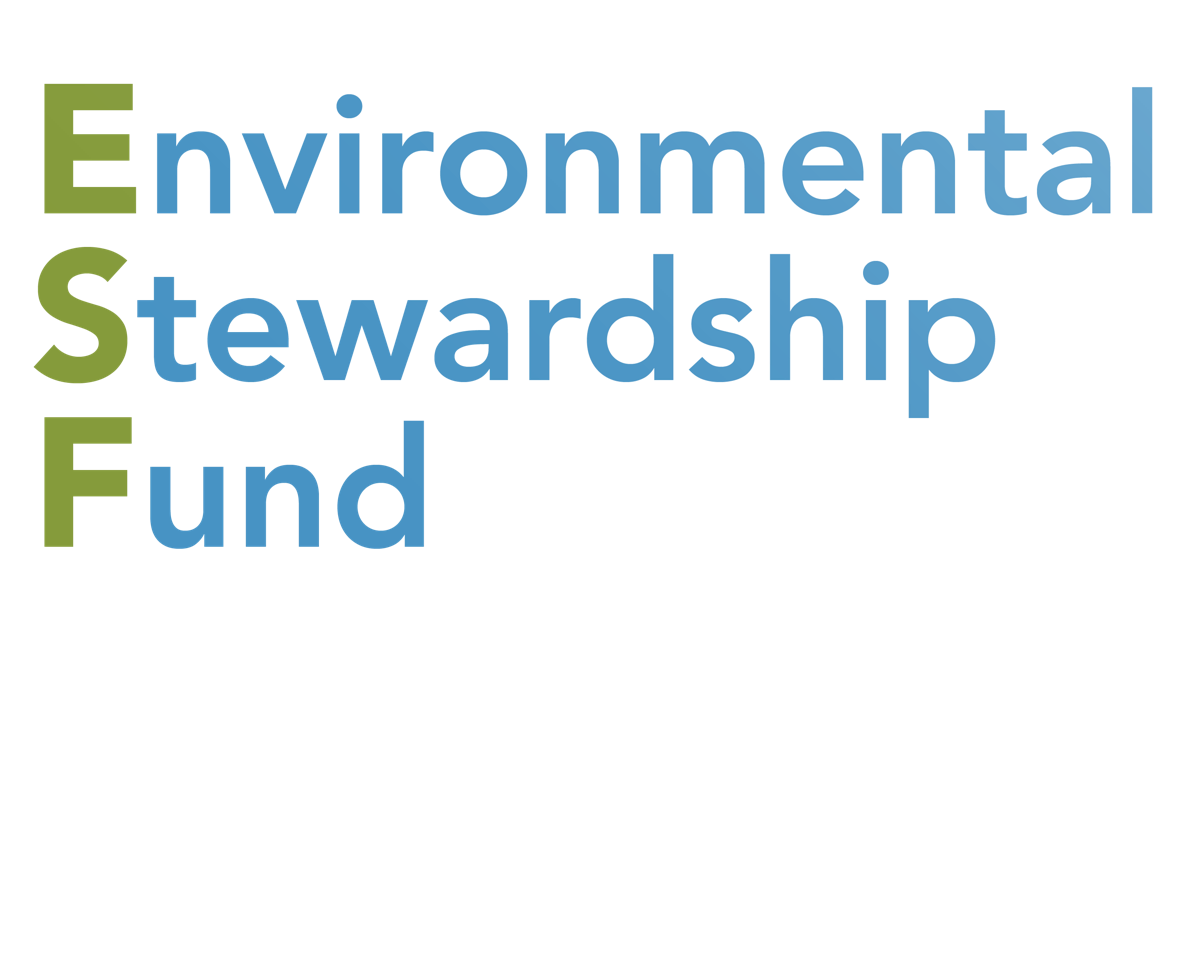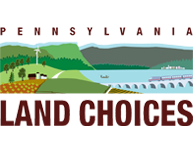The largest privately owned nature preserve open to the public in southeastern Pennsylvania just got even bigger with the addition of 20 acres of rare habitat. Natural Lands announced on February 5 that its ChesLen Preserve in Newlin Township, Chester County, expanded to 1,282 acres when the organization purchased land from an adjacent neighbor.
ChesLen was the vision of philanthropist H.F. “Gerry” Lenfest, whose 2007 donation of 568 acres to Natural Lands inspired Chester County to transfer 500 additional acres, thus establishing the preserve. Since that time, Natural Lands has added more than 200 acres to the preserve through purchases of adjoining lands.
The recently acquired acreage is part of a rare ecosystem known as the Unionville Serpentine Barrens, which supports a number of threatened plant and animal species.
Serpentine barrens derive their name from the presence of serpentinite, a type of rare, greenish bedrock from which the soils are weathered. The soil’s peculiar chemical characteristics make it inhospitable to all but a few tenacious plant species that have adapted to these extreme conditions. The term “barrens” was coined by farmers who discovered long ago that the soils were poor for growing crops.
“There were once 40 barrens sites in the eastern United States; today, there are fewer than 20,” said Molly Morrison, president of Natural Lands. “Natural Lands has long-prioritized not only the permanent protection of the Unionville Barrens but also believes deeply in our commitment to restoring this unique habitat.”

The loss of serpentine barrens is due to land development but also to inattention. Without periodic disturbance, bordering woodlands quickly encroach, creating a richer soil layer over the serpentinite soil as their leaves drop and decompose. For millions of years, this essential disturbance came from native animals: mastodons, mammoths, and herds of hungry elk kept trees at bay by browsing and trampling the ground beneath them. Humans have done their part, too. Native peoples set fires to improve hunting conditions, grazed livestock, and mined for soapstone.
When the serpentine barrens disappear, so too do the rare plants and insects that depend on this unique, inhospitable habitat. So Natural Lands’ team of land stewardship experts are working to restore the barrens through removal of encroaching vegetation and planting the areas with grasses and wildflowers that thrive in the hostile serpentinite soil. Similar restoration is planned for the newly acquired 20 acres.
In addition to habitat restoration, Natural Lands has established a nine-mile trail system at ChesLen Preserve, installed five trailheads, created Ollie Owl’s NaturePlayGround, and built the Lenfest Center, which serves as a management center and hosts dozens of events and community gatherings each year.
In a joint statement, Chester County Commissioners Michelle Kichline, Kathi Cozzone, and Terence Farrell said: “We congratulate Natural Lands on this latest addition to ChesLen Preserve, and especially on the acquisition of a section of rare Serpentine Barrens. This project is a great example of Chester County’s public-private partnerships investing in a future that maintains our tremendous quality of place.”
In 2010, the Unionville Barrens at ChesLen Preserve was designated a “Wild Plant Sanctuary” by the Pennsylvania Department of Conservation and Natural Resources (DCNR). The Wild Plant Sanctuary Program, as part of the Wild Resource Conservation Act of 1982, was created to establish a voluntary statewide network of native plant sanctuaries. Landowners agree to protect the area and educate others about the importance of native and wild plants and habitats.
“Whenever land is protected in rapidly developing areas there is reason to rejoice, but this expansion of Natural Lands’ ChesLen Preserve takes on very special meaning,” said DCNR Secretary Cindy Adams Dunn. “This department is proud to aid in the protection of this rare ecosystem and the threatened plant and animal species found there.”
Funding for the most-recent addition to ChesLen Preserve was provided by the Pennsylvania Department of Conservation and Natural Resources, Chester County – Preservation Partnership Program, and Cheshire Land Preservation Fund.






